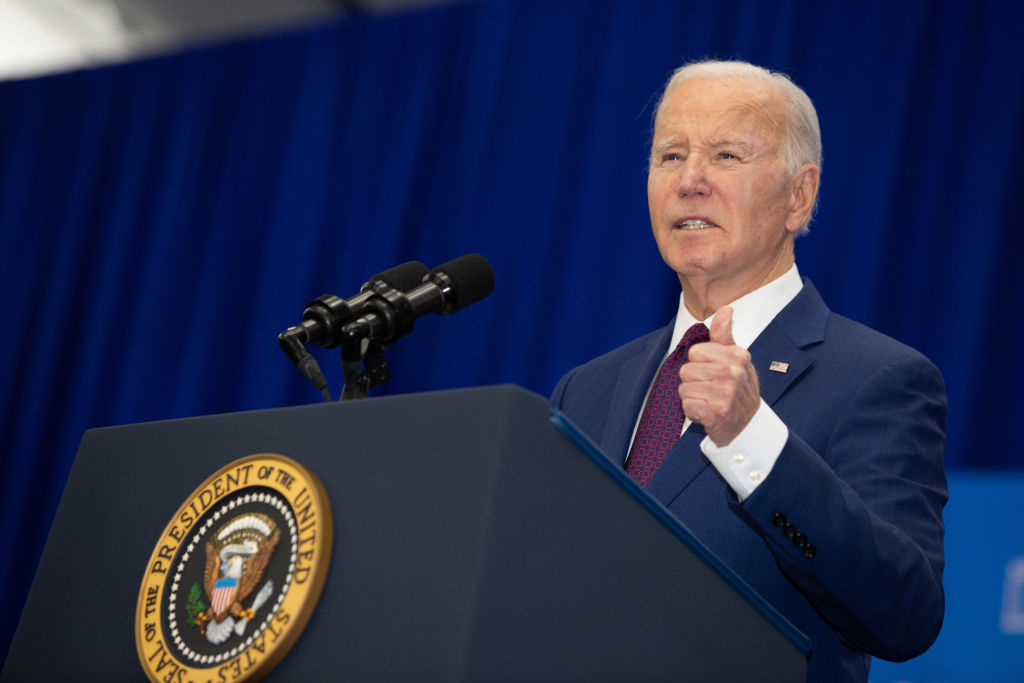On the eve of New Hampshire’s primary election, a flood of robocalls urged Democratic voters to sit out a write-in campaign supporting President Joe Biden, utilizing an AI-generated voice that mimicked Biden’s cadence and catchphrase. This is just one example of how AI is being used to manipulate elections worldwide, from creating fake scenarios under a candidate’s watch to deepfakes of political figures discussing controversial topics. In response to these threats, governments and tech companies are taking steps to mitigate risks, with European lawmakers passing a new law and companies signing a pledge at the Munich Security Conference.
In Munich, companies such as OpenAI, Apple, Meta, Microsoft, TikTok, and Google announced a compact to protect elections in 2024 by helping audiences track the origin of AI-generated content, detecting deceptive AI media, and implementing precautions to prevent election trickery. While these efforts are a positive step, the success of the compact will depend on how its commitments are carried out. The language used in the compact, such as “proportionate responses” and “where appropriate and technically feasible,” leaves room for companies to take minimal action. Stronger and more universal measures are needed to address the urgency of the situation.
The upcoming American election will be the first since AI developments have made it possible to create convincing fake images, video, and audio of candidates and officials. This poses a significant threat to the integrity of elections, as these deepfakes can be used to spread misinformation and deceive voters. It is essential for governments and tech companies to work together to combat this threat and protect the democratic process.
While some progress has been made in addressing the use of AI in election manipulation, more needs to be done to safeguard elections from interference. The compact announced in Munich is a positive step forward, but it will require strong enforcement and collaboration to be effective. As technology continues to advance, it is crucial for governments and tech companies to stay ahead of the curve and implement robust measures to ensure the integrity of elections.
In conclusion, the use of AI in election manipulation poses a serious threat to democracies worldwide. Governments and tech companies must work together to address this issue and protect the integrity of elections. The compact announced in Munich is a positive step, but more action is needed to combat the growing risks posed by AI in elections. By taking proactive measures and implementing strong safeguards, we can ensure that elections remain free, fair, and secure.









